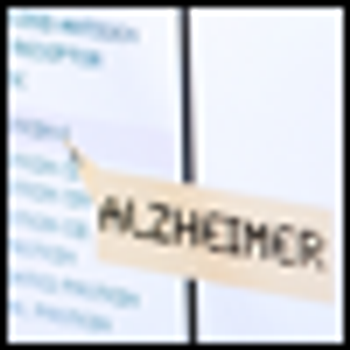
In his ongoing critique of the DSM-5 process, Dr Allen Frances started a brushfire recently in challenging the DSM-5 Mood Disorders Work Group proposal to remove the bereavement exclusion from the diagnostic criteria for a major depressive episode. Here’s a summary of the debate.















